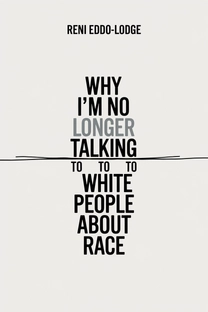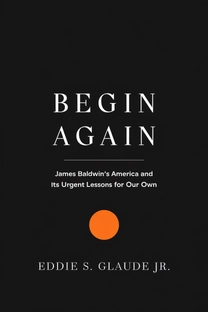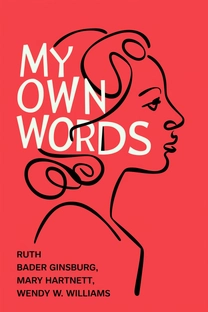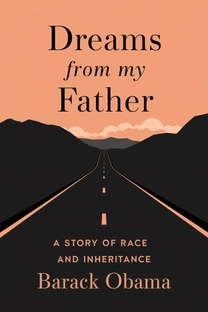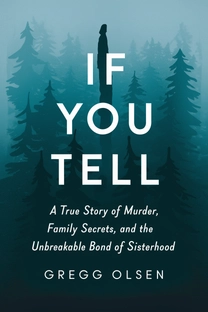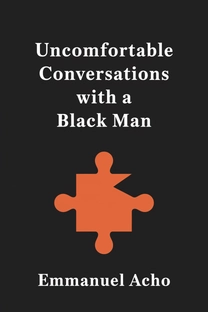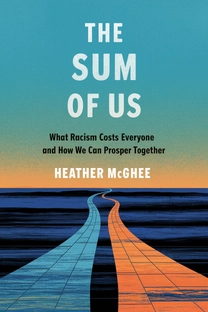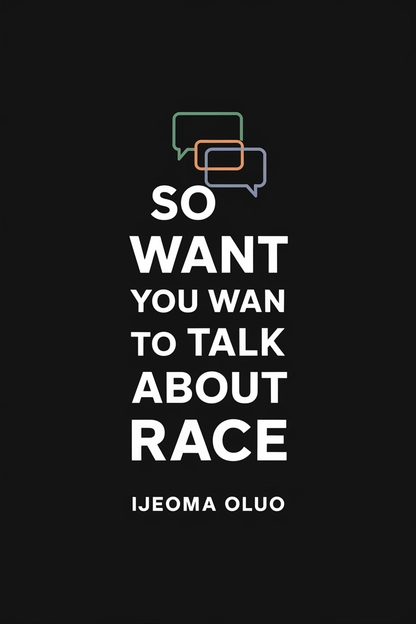
So You Want to Talk About Race
by Ijeoma Oluo
Brief overview
This book explores how race shapes our daily realities, challenging readers to confront subtle and pervasive forms of racism. It offers practical ways to acknowledge privilege, handle difficult conversations, and actively support systemic change.
Introduction
Race is more than a label. It’s a story woven into our history and our present day, guiding the opportunities and perceptions we all face. In this introduction, we see that race can be both a conversation-stopper and a bridge toward deeper insight. Our goal is to move past silence and fear to spark honest communication. The author shares her lived experiences as a Black woman, revealing how she cannot simply opt out of discussions around race. For her, it’s a constant reality. She recognizes that many people hesitate when the topic arises, often worried about saying the wrong thing or being labeled negatively. Despite this discomfort, she insists these conversations are too important to ignore.
Ultimately, talking about race helps peel back the layers of prejudice and privilege. By acknowledging how institutions reflect and reinforce racist structures, we can understand that racial inequities aren’t just personal issues—they’re deeply systemic. Though it may be uncomfortable, naming these truths is one way to begin making them right.
Whether you’re new to these discussions or well-versed, remember that the real test is what happens when you apply this knowledge to your daily interactions. The first step is simply to listen, remain open, and accept that mistakes may occur.
Unearthing Systemic Racism
Racism goes well beyond personal biases. It’s embedded in school policies, law enforcement, and media portrayals that disproportionately affect people of color. To see systemic racism at work, consider the data: Black children are suspended at higher rates than white children for the same behaviors. Or note how Black drivers are more likely to be pulled over by police. These aren’t cases of a few “bad apples.” Rather, they reveal an elaborate structure that consistently disadvantages certain groups. When we view racism through this lens, the conversation shifts from merely calling out hateful language to tackling the mechanisms that sustain inequality.
Recognizing that white people often go about their lives without ever having to think about race helps illustrate privilege. If an institution or practice was built with them in mind, they rarely feel the systemic squeeze. Meanwhile, communities of color bear the weight of daily reminders—from high-stakes encounters with law enforcement to subtle but constant microaggressions.
Understanding systemic racism doesn’t absolve individuals who express or uphold racist sentiments. It expands our focus to include the broader environment that shapes these beliefs—an entire “machine,” as some label it, requiring both top-down policy reforms and grassroots pressure to dismantle.
What is So You Want to Talk About Race about?
“So You Want to Talk About Race” offers a clear-eyed look at the sensitive realities of racism and how they influence our daily patterns. Addressing topics such as privilege, systemic inequality, and intersectionality, the book shows why facing and talking about race matters for everyone. It analyzes hidden biases, exploring the origins and outcomes of discrimination that many people don’t see.
Through personal stories and straightforward explanations, Ijeoma Oluo guides readers to see societal structures through a new lens. She offers insights on how to handle conversations that typically seem intimidating or polarizing. This book highlights both the challenges and the necessity of discussing race, rooting its central message in empathy, awareness, and active change.
Review of So You Want to Talk About Race
“So You Want to Talk About Race” excels at merging personal insight with a broader social perspective. It shows how race affects social structures, career paths, and everyday life, while offering concrete methods for dismantling the barriers people of color face. Readers witness a candid breakdown of microaggressions and a focus on how to address hurtful comments and behaviors. This practical focus, paired with a thorough framing of privilege, helps ensure that the ideas stay relevant and applicable.
Oluo’s style is engaging and accessible. Rather than pointing fingers, she fosters reflection by sharing her own experiences and showing where biases often remain unseen. The writing is approachable, yet it retains a direct call to responsibility. If you want a resource that clarifies the depth of systemic racism and equips you to engage in smart, empathetic discussions, this book is highly recommended.
Who should read So You Want to Talk About Race?
- Managers who want to build more inclusive workplaces and address hidden bias
- Educators aiming to create fair learning environments for diverse student groups
- Human resources professionals working on equitable hiring and retention practices
- Community organizers looking to facilitate productive conversations on race
- Individuals seeking a balanced, accessible guide to recognizing and challenging discrimination
About the author
Book summaries like So You Want to Talk About Race
Why readers love Mindleap
10-Minute Book Insights
Get the core ideas from the world's best books in just 10 minutes of reading or listening.
Curated For You
Discover your next favorite book with personalized recommendations based on your interests.
AI Book ExpertNew
Chat with our AI to help find the best book for you and your goals.
Reviews of MindLeap
Love how I can get the key ideas from books in just 15 minutes! Perfect for my busy schedule and helps me decide which books to read in full.
Alex R.
The summaries are incredibly well-written and the audio feature is perfect for my commute. Such a time-saver!
Jessica M.
Great app for personal growth. The insights are clear and actionable, and I love how they capture the essence of each book.
Chris P.
The app is beautifully designed and the summaries are top-notch. Definitely worth every penny!
Sarah K.


